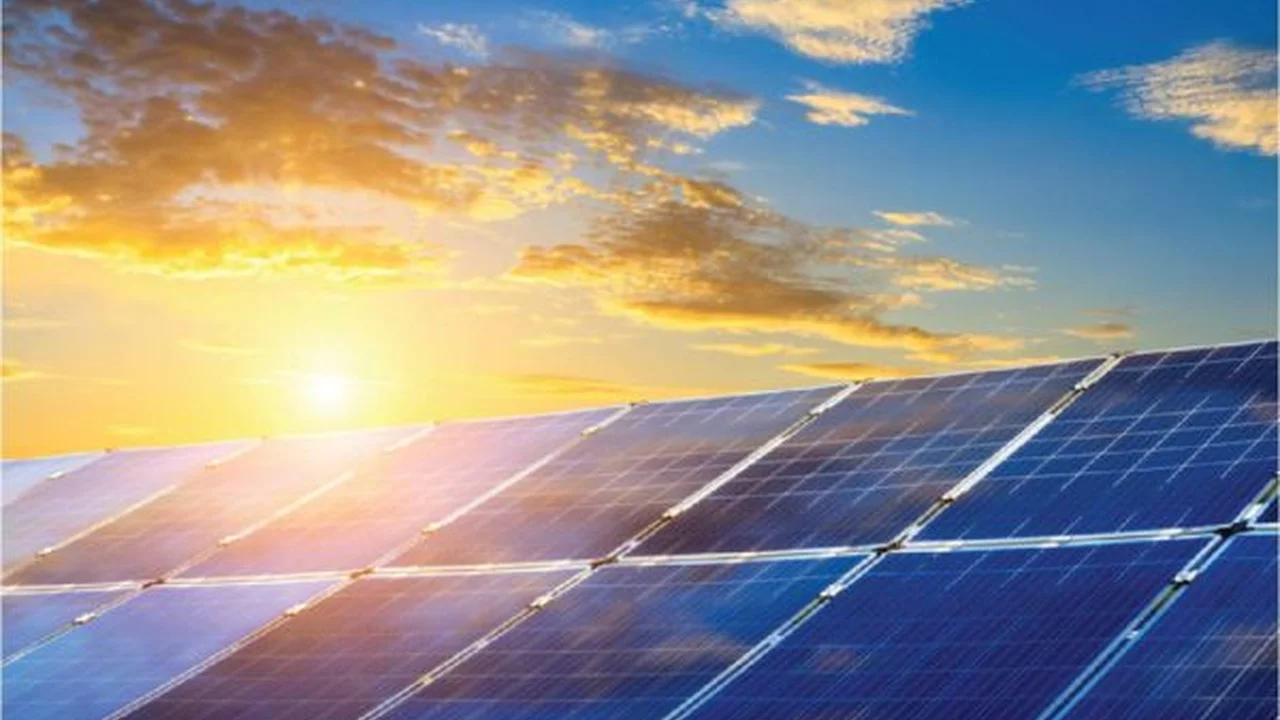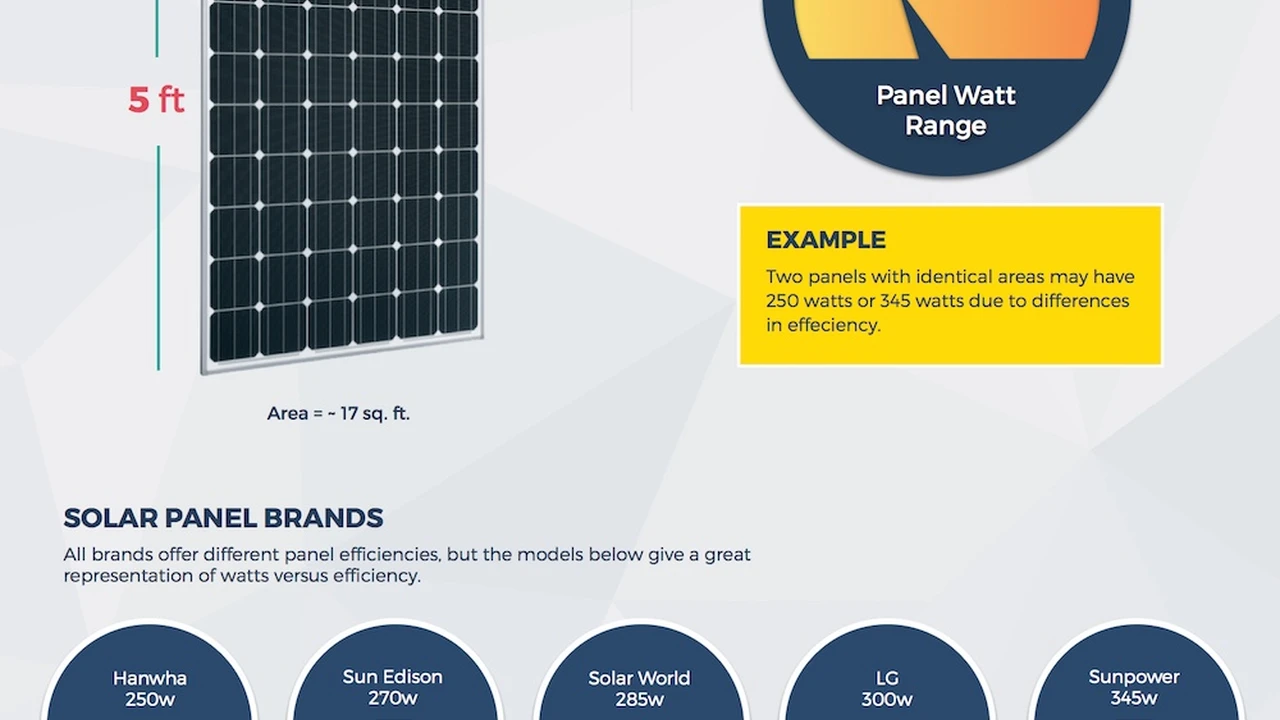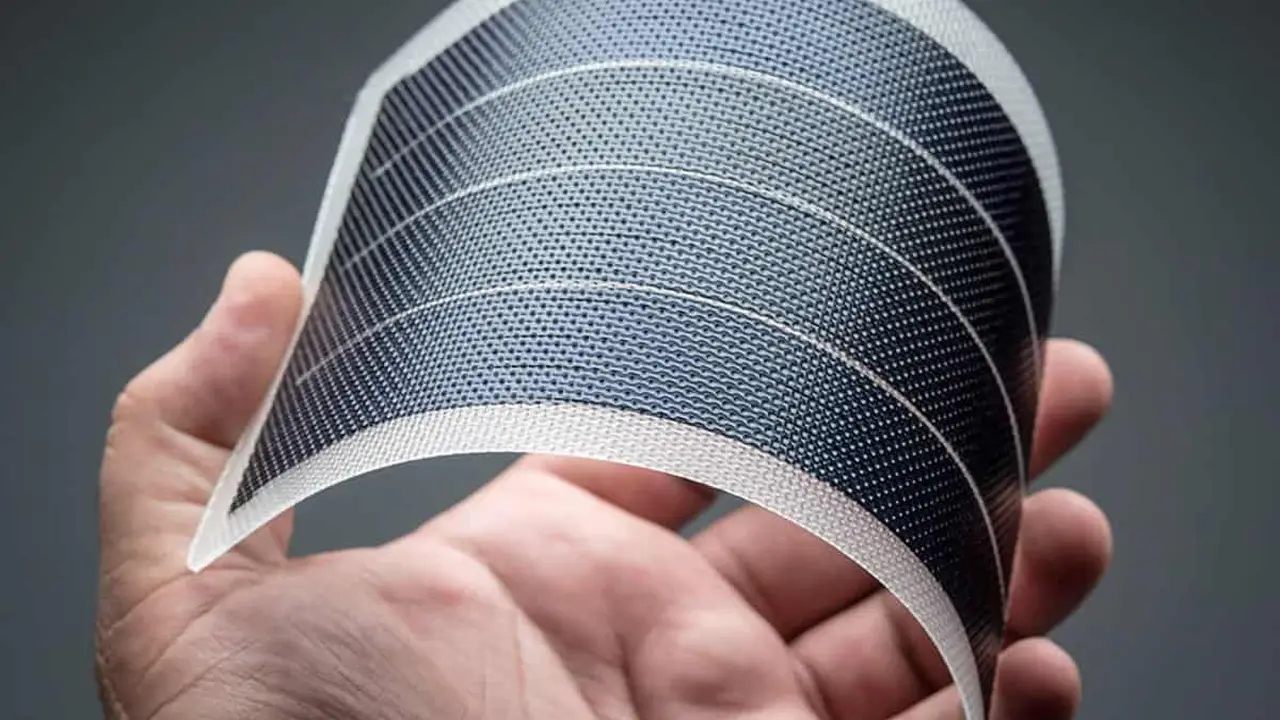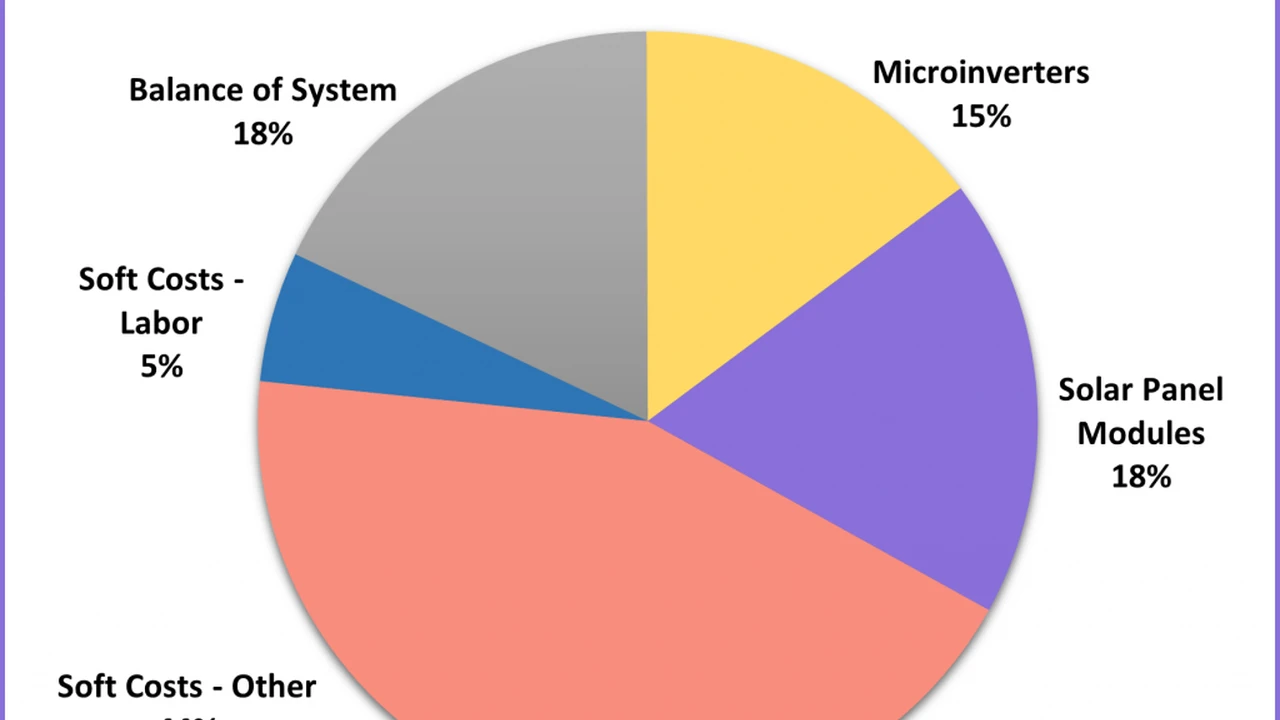Solar Panel and Weather Protection: Ensuring Durability

Understanding Solar Panel Durability and Weather Resistance
Hey there, solar enthusiasts! Let's talk about something super important: how your solar panels hold up against the elements. You're making a big investment, right? So, you want those panels to last, rain or shine, snow or hail. We're diving deep into the world of solar panel durability and weather resistance to make sure you're in the know.
Solar panels are tough cookies, designed to withstand a lot. But they're not invincible. Think about it: they're constantly exposed to sunlight (UV radiation!), rain, wind, temperature changes, and sometimes even extreme weather events. Understanding how these factors affect your panels is key to ensuring their longevity and performance.
Key Weather Factors Affecting Solar Panel Lifespan: Rain, Snow, Wind and UV Radiation
Okay, let's break down the main culprits that can impact your solar panel's lifespan.
- Rain: While most panels are designed to be waterproof, continuous exposure to rain can lead to corrosion over time, especially if there are any manufacturing defects or improper installation. Acid rain, which is more prevalent in industrial areas, can be particularly damaging.
- Snow: Snow load can be a significant concern, especially in areas with heavy snowfall. Panels are designed to handle a certain amount of weight, but excessive accumulation can cause structural damage. The freeze-thaw cycle can also be problematic, as water expands when it freezes, potentially causing cracks and weakening the panel's structure.
- Wind: High winds can put a lot of stress on solar panels, especially if they're not properly secured. Wind can cause panels to shift, loosen connections, or even break. Proper installation is crucial to ensure that your panels can withstand the wind loads in your area.
- UV Radiation: The sun gives us the power, but also degrades the panels over time. UV radiation, a component of sunlight, can degrade the materials used in solar panels, leading to reduced efficiency and performance. This is a slow process, but it's a factor that needs to be considered.
Choosing Weather Resistant Solar Panels: Material and Construction
So, what can you do to protect your investment? It all starts with choosing the right panels. Look for panels that are specifically designed for durability and weather resistance. Here are some key factors to consider:
- High-Quality Materials: The materials used in the construction of solar panels play a crucial role in their durability. Look for panels that use high-quality glass, encapsulants, and backsheets. The encapsulant, the material that seals the solar cells, is particularly important as it protects the cells from moisture and UV radiation.
- Robust Construction: The overall construction of the panel should be solid and well-engineered. Pay attention to the frame, the junction box, and the wiring. A well-built panel will be better able to withstand the rigors of the environment.
- Certifications and Warranties: Look for panels that have been certified by reputable organizations like UL or IEC. These certifications indicate that the panels have been tested to meet certain performance and safety standards. Also, pay close attention to the warranty. A longer warranty is usually a good sign that the manufacturer has confidence in the durability of their product.
Solar Panel Installation Best Practices for Weather Protection
Choosing the right panels is only half the battle. Proper installation is equally important. Here are some best practices to keep in mind:
- Proper Mounting: The mounting system should be strong and secure, able to withstand the wind loads in your area. Make sure the panels are properly anchored to the roof or ground.
- Weather Sealing: All connections and penetrations should be properly sealed to prevent water intrusion. Use high-quality sealants and flashing to protect against leaks.
- Proper Ventilation: Ensure that there is adequate ventilation behind the panels to prevent overheating. Overheating can reduce the efficiency and lifespan of your panels.
- Regular Inspections: Inspect your panels regularly for any signs of damage or wear and tear. Address any issues promptly to prevent them from escalating.
Solar Panel Maintenance Tips for Longevity
A little bit of maintenance can go a long way in extending the lifespan of your solar panels. Here are a few simple tips:
- Cleaning: Keep your panels clean to ensure optimal performance. Dust, dirt, and debris can block sunlight and reduce efficiency. You can clean your panels yourself with a soft brush and water, or you can hire a professional cleaning service.
- Vegetation Management: Keep trees and shrubs trimmed to prevent them from shading your panels. Shade can significantly reduce the output of your system.
- Snow Removal: If you live in an area with heavy snowfall, consider removing snow from your panels to prevent excessive weight load. Be careful not to damage the panels when removing snow.
Specific Solar Panel Products for Durability and Weather Resistance: Reviews and Comparisons
Alright, let's get down to brass tacks. Here are a few specific solar panel products known for their durability and weather resistance, along with some use case scenarios, comparisons, and price estimates (prices can vary widely based on location and installer, so these are just rough estimates).
REC Alpha Series: High Performance and Reliability
The REC Alpha Series is a popular choice for homeowners looking for high performance and reliability. These panels are known for their half-cut cell technology, which improves efficiency and reduces the impact of shading. They also have a robust construction and are designed to withstand harsh weather conditions.
- Use Case: Ideal for residential installations in areas with high energy demands or limited roof space.
- Comparison: Compared to standard polycrystalline panels, the REC Alpha Series offers higher efficiency and better performance in low-light conditions. They are also more durable and have a longer lifespan.
- Price: Expect to pay around $3.00 - $3.50 per watt installed.
Panasonic EverVolt Series: Premium Quality and Longevity
Panasonic is a well-known brand in the electronics industry, and their EverVolt series of solar panels lives up to their reputation for quality. These panels are known for their high efficiency, excellent temperature coefficient, and long lifespan. They also come with a comprehensive warranty.
- Use Case: Suitable for homeowners who are willing to pay a premium for the best possible performance and reliability. Also a good choice for commercial installations.
- Comparison: Panasonic EverVolt panels are generally more expensive than other brands, but they offer superior performance and a longer lifespan. They are also known for their excellent customer support.
- Price: Expect to pay around $3.50 - $4.00 per watt installed.
SunPower Maxeon Series: Industry Leading Efficiency and Durability
SunPower Maxeon panels are known for their industry-leading efficiency and durability. These panels use a unique cell design that eliminates the need for traditional grid lines, resulting in higher efficiency and improved reliability. They also have a very low degradation rate, meaning they will continue to produce power at a high level for many years.
- Use Case: Perfect for homeowners who want the most efficient and durable panels available, regardless of price. Also a good choice for off-grid applications.
- Comparison: SunPower Maxeon panels are the most expensive option, but they offer the highest efficiency and the longest lifespan. They are also known for their excellent warranty.
- Price: Expect to pay around $4.00 - $4.50 per watt installed.
Canadian Solar HiKu Series: Cost Effective and Reliable
If you are looking for a more cost-effective option, the Canadian Solar HiKu series is a good choice. These panels offer a good balance of performance, reliability, and price. They are also designed to withstand harsh weather conditions.
- Use Case: Ideal for homeowners looking for a good value option. Can also be used in larger commercial installations.
- Comparison: Compared to other budget panels, Canadian Solar panels are generally considered to be more reliable and have better performance.
- Price: Expect to pay around $2.50 - $3.00 per watt installed.
Solar Panel Installation Location Considerations for Weather Exposure
Where you install your panels also plays a big role in how they're affected by the weather. Think about these things:
- Orientation and Tilt: Optimizing the orientation (direction) and tilt of your panels can maximize sunlight exposure and minimize snow accumulation. A steeper tilt, for example, will allow snow to slide off more easily.
- Proximity to Trees: Avoid installing panels in areas that are heavily shaded by trees. Shade can reduce the output of your system and increase the risk of damage from falling branches.
- Coastal Environments: If you live near the coast, your panels will be exposed to salt spray, which can corrode metal components. Choose panels that are specifically designed for coastal environments.
The Future of Weather Resistant Solar Panels: Emerging Technologies
The technology behind solar panels is constantly evolving. Researchers are working on new materials and designs that will make panels even more durable and weather resistant. Here are a few emerging technologies to keep an eye on:
- Perovskite Solar Cells: Perovskite solar cells are a promising new technology that could potentially offer higher efficiency and lower costs than traditional silicon solar cells. Researchers are working on improving the stability and durability of perovskite solar cells.
- Self-Cleaning Coatings: Self-cleaning coatings can help to keep solar panels clean and free of debris, reducing the need for manual cleaning. These coatings use nanotechnology to repel dirt and water.
- Advanced Encapsulants: New encapsulant materials are being developed that offer better protection against moisture, UV radiation, and temperature changes. These advanced encapsulants can significantly extend the lifespan of solar panels.
So there you have it! A deep dive into solar panel durability and weather protection. Remember, choosing the right panels, installing them properly, and maintaining them regularly are all crucial for ensuring that your investment lasts for many years to come. Do your research, talk to a qualified installer, and enjoy the benefits of clean, renewable energy!
:max_bytes(150000):strip_icc()/277019-baked-pork-chops-with-cream-of-mushroom-soup-DDMFS-beauty-4x3-BG-7505-5762b731cf30447d9cbbbbbf387beafa.jpg)






